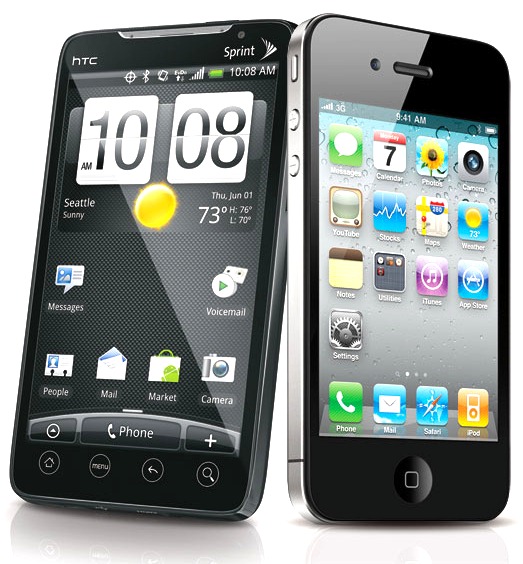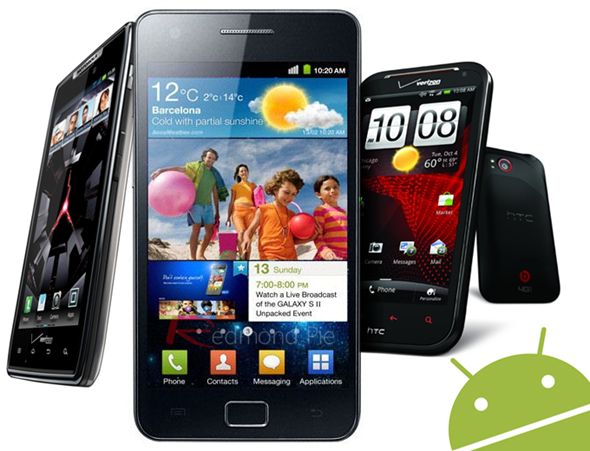The patent wars that Apple have found themselves in over the last eighteen months are extremely well documented and have been covered all over the world as the Cupertino based company carries on the fight to protect what they believe is their registered property. The ongoing issues with Samsung and Motorola Mobility may not show any signs of coming to an immediate end but it looks like Apple may have one less thing to worry about after coming to a legal agreement with Taiwan based HTC regarding patents.
The initial disputes between the two companies began back in March 2010 and has been bubbling away in the background every since and even though HTC aren’t exactly Apple’s biggest rivals in the smartphone space, they still command a decent enough market share to warrant concern. As part of the legal agreement that has been reached, Apple and HTC have also signed a ten-year license agreement which will cover current and future patents that are awarded to each company.
Peter Chou, the man who resides as the head of HTC, has signaled his delight at the agreement by stating that his company can now "focus on innovation instead of litigation". Tim Cook has also released a similar statement as part of the global settlement release stating that Apple and their engineers will now remain "laser focused on product innovation". Specific details regarding the ten-year licensing agreement have not yet been made public but it certainly looks like HTC and Apple will no longer need to worry about including each others patented technologies in future devices, something that can only benefit the consumer.
The global agreement may mark the end of the litigation between HTC and Apple but it doesn’t end the ongoing issues that Apple are embroiled in with Samsung and other competing technology companies. It is still widely agreed that the current patent system is geared toward providing protection for mechanical products and inventions and isn’t really set up to handle the current digital age, but Apple and HTC have shown that agreements can be reached if a common ground is found.
Here’s hoping that all companies that are facing the same issues can sit down with one another and thrash out some hardware and software patent agreements that ultimately means more choice for the customer.
(source: Apple)
You can follow us on Twitter, add us to your circle on Google+ or like our Facebook page to keep yourself updated on all the latest from Microsoft, Google, Apple and the web.



